The new Outlook will support the EML, MSG, and OFT formats, and here is why it matters
Outlook users will be able to access archived emails.
2 min. read
Published on
Read our disclosure page to find out how can you help Windows Report sustain the editorial team. Read more
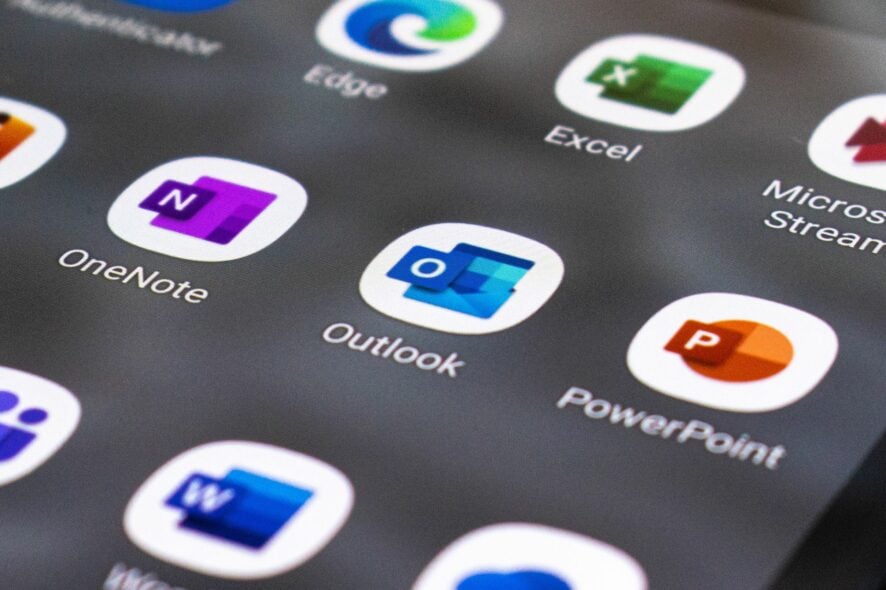
Good news for Outlook users: the emailing platform will support the .eml, .msg, and .oft file formats, starting March 2024, according to the latest entry in the Microsoft 365 Roadmap.
Next month will be quite the month for the platform, as the Redmond-based tech giant is also revamping it with a new UI experience, that includes a new ellipsis icon capable of quickly letting users edit, and compose folders and subfolders, a new menu experience, plus the removal of the creation links.
These features are meant to offer a new comprehensive experience on Outlook, focusing on accessibility, and efficient workflows, and the latest format additions to the platform are a testament to that.
EML, MSG, and OFT files type support will enable users to open “*,eml”, “*.oft”, and “*.msg” files in the new Outlook by dragging-and-dropping them onto the reading pane, or by double-clicking on them, or by using the Open With menu option in File Explorer.
Microsoft
Why does Outlook supporting the EML, MSG, and OFT formats matter?
The EML, MSG, and OFT formats are legacy formats, so Outlook supporting them means users can access older emails with these formats on Outlook, without resorting to third-party apps to do so.
In other words, users can access legacy formatted emails on Outlook, by dragging and dropping them into the platform, or by simply double-clicking on them, as Microsoft mentions in the Roadmap description.
The 3 formats are quite comprehensive and they encompass a variety of legacy emails specific to Microsoft Outlook. The .EML format, for instance, is widely used to archive emails, while the .MSG format stores emails with attached files to them. The .OFT format is also similar as it stores email templates.
All of these formats are used for archiving emails, and for now, the new Outlook can’t open them, as there is no efficient backward compatibility. But this is about to change in March when Outlook will finally be able to fully and properly support them.
Thus, the platform will offer enhanced accessibility which could make the platform a more popular choice for organizations, and individuals.

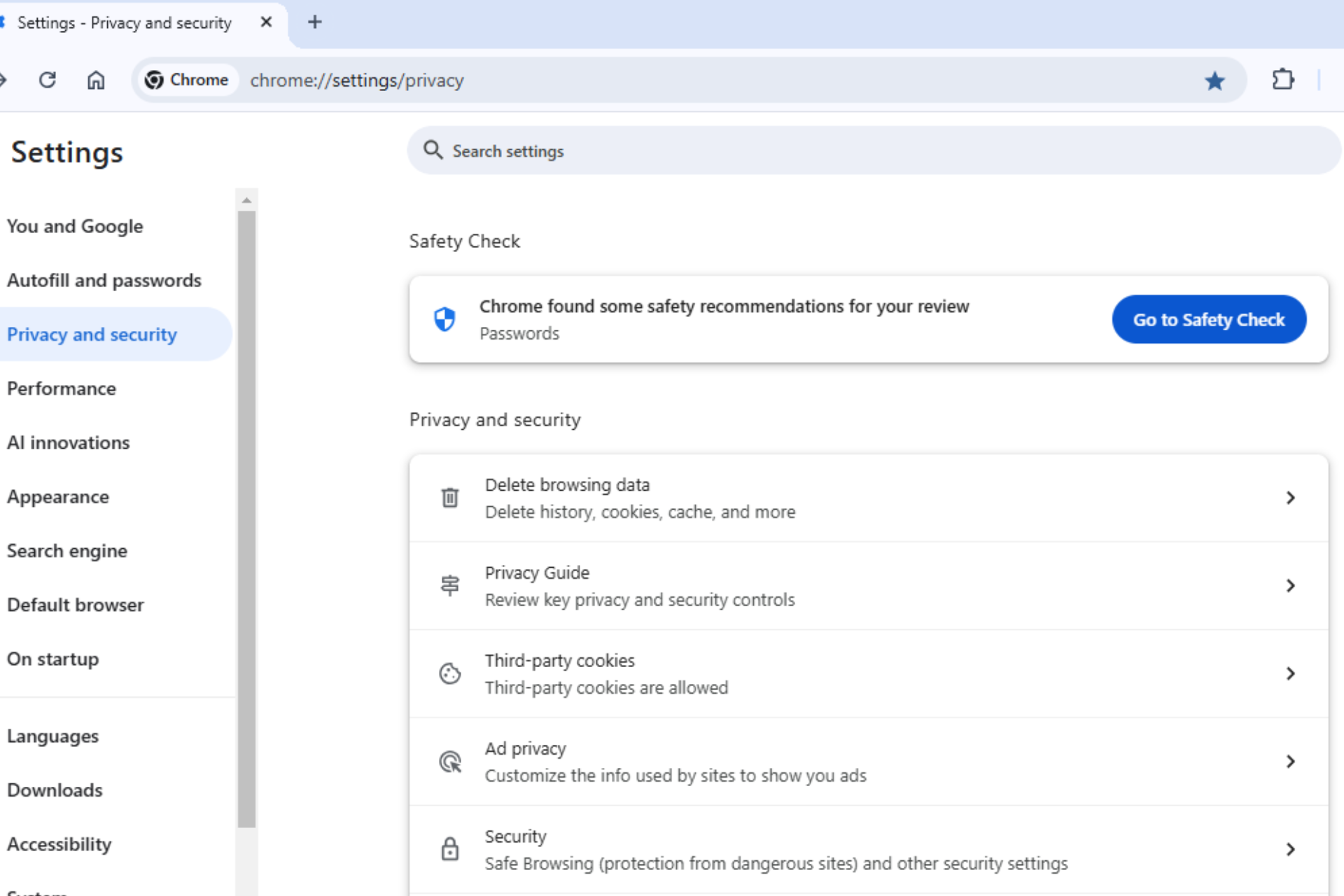
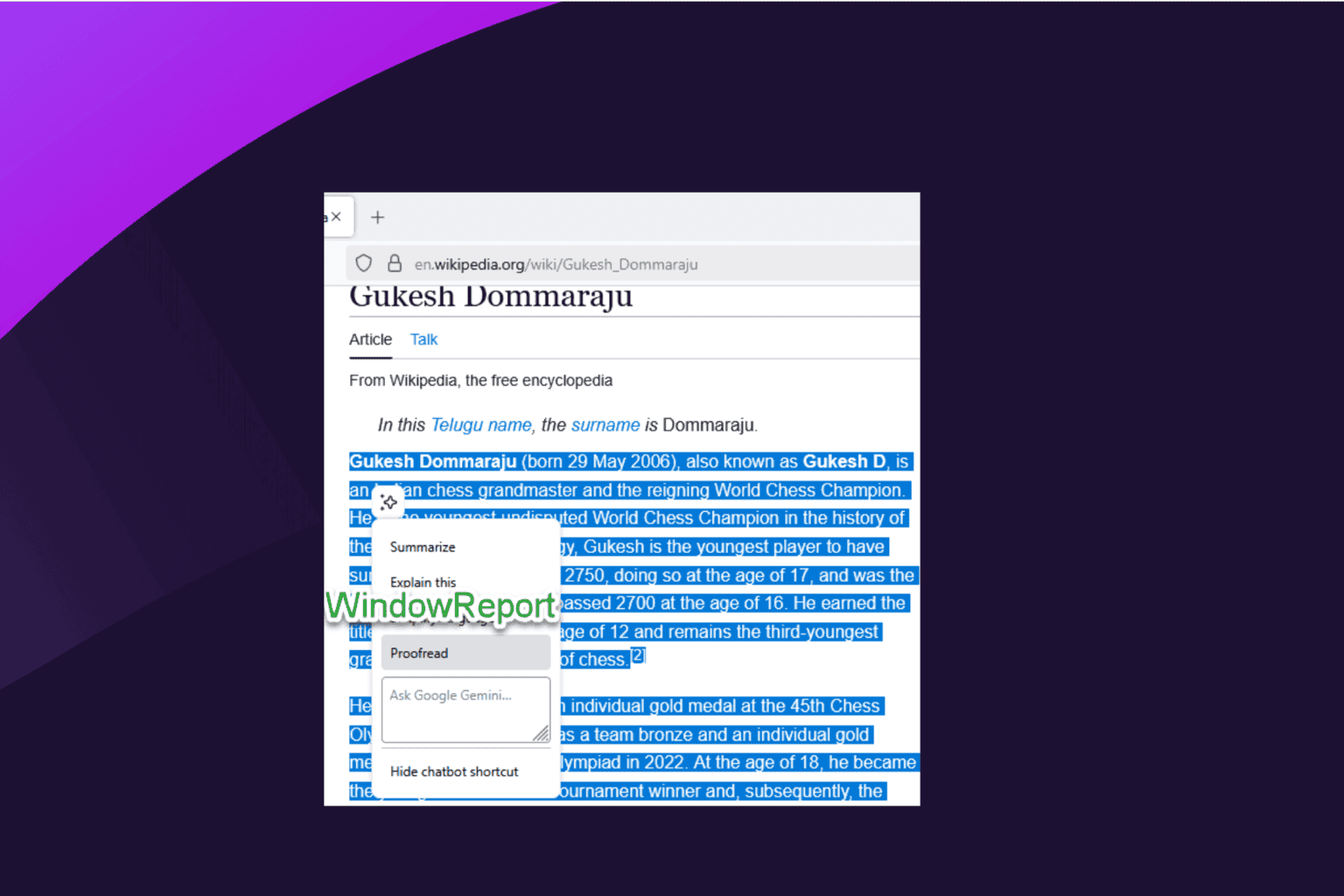
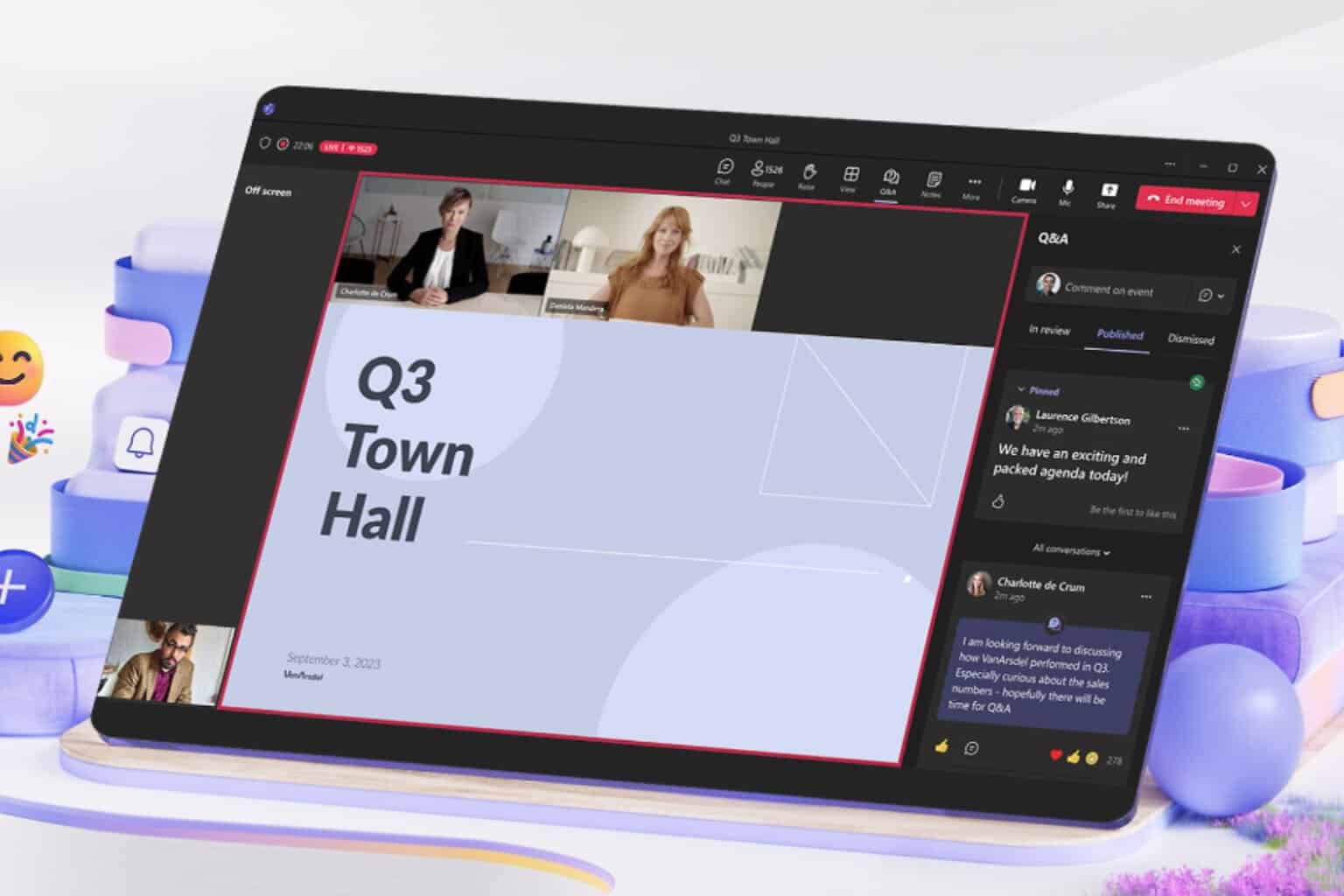



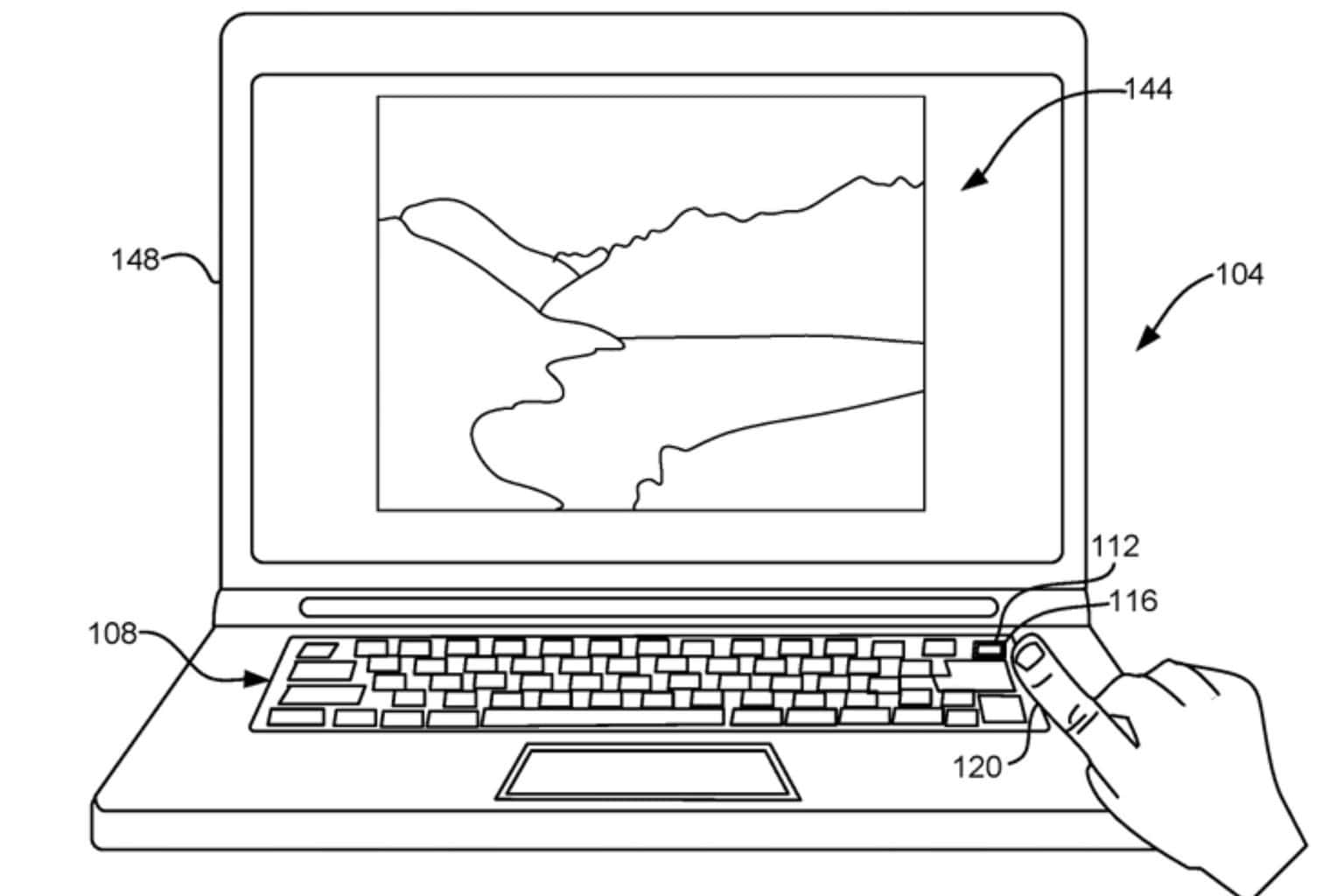
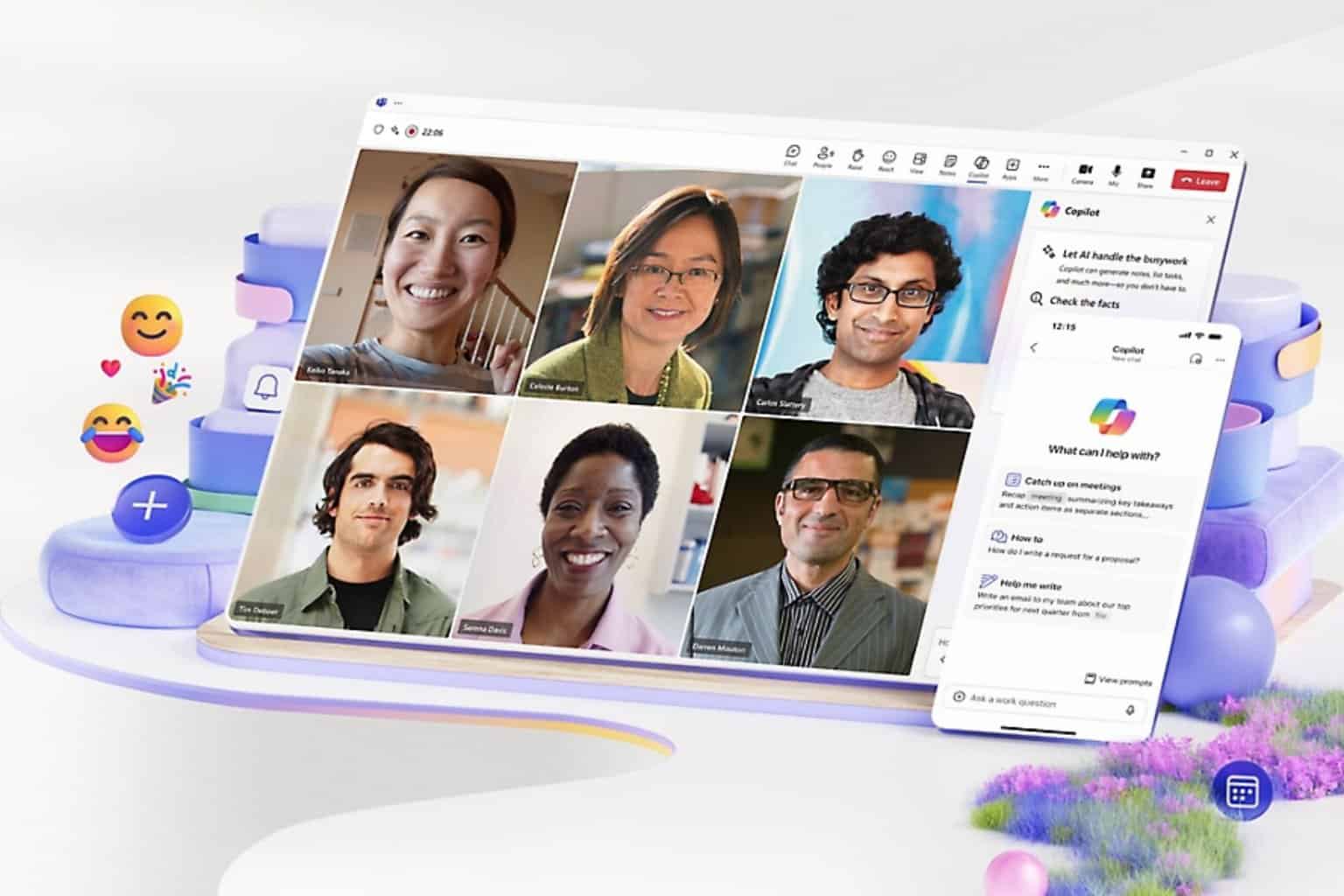
User forum
0 messages